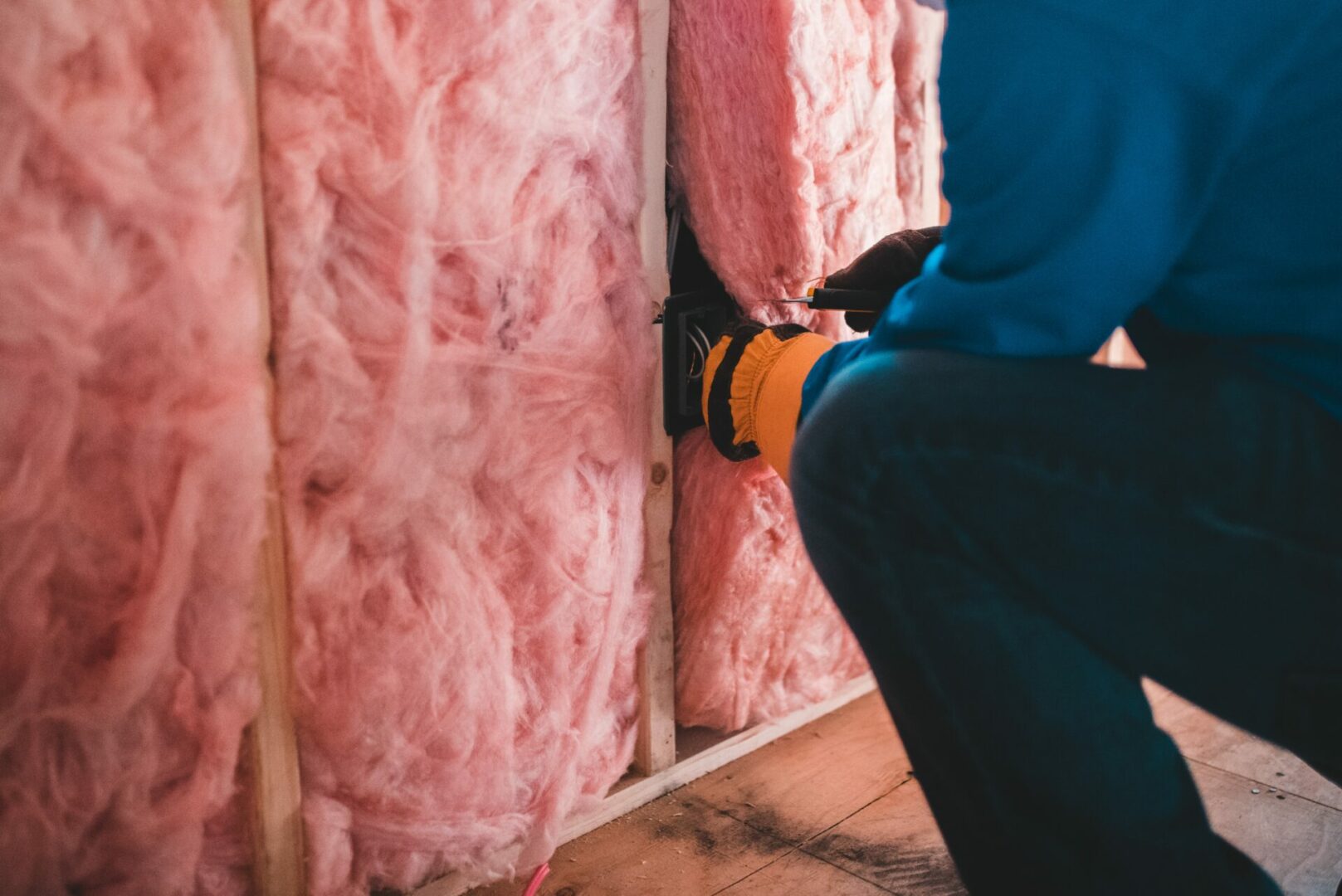An EPC is a home energy survey that reveals to you how energy efficient your home is whilst also advising a list of recommendations on how to improve your energy efficiency. It is a legal requirement to have an EPC if you’re selling, leasing or renting a property. However, even if you’re not selling and are currently working or living in the building, an EPC is still helpful in terms of lowering costs and living more sustainably.
An EPC rating will give your property an energy rating, running from A which is very efficient, to G which suggests inefficiency. This rating is valid for 10 years and can be accessed through the government’s website.

The benefits of having a good EPC rating
Having a good EPC rating can offer benefits personally, financially and from a business perspective. Here are just a few of the main benefits gained from obtaining a good rating.
- Lower energy bills: receiving a rating will encourage businesses and homeowners to use more energy-efficient solutions around their property which in turn, will reduce consumption and energy bills.
- Improved property value: if a home or office space is being sold, the EPC rating can help to improve the overall value.
- Lower mortgage: it could be possible to achieve lower mortgage rates through green mortgages.
- Lowering your carbon footprint: increasing your property’s energy efficiency will lower your carbon emissions and reduce personal and business footprints.
“An excellent EPC rating not only signifies a property’s high energy efficiency but also holds significant potential to elevate its market value. A higher EPC rating signals to potential buyers or tenants that the property is energy-efficient, potentially reducing their future energy costs and environmental impact. This can make the property more appealing compared to others with lower ratings. In essence, by investing in energy efficiency, you’re not only enhancing the property’s sustainability and comfort but also its market appeal.”
Oliver Creevy, Co-found and Managing Director of Insulation Advisor
What do the EPC ratings mean?
When receiving an EPC rating, there will be two main charts with the rating bands. These bands range from A to G, A being the best rating and G being the worst. There is also a chart which resembles the potential rating which can be achieved after the recommended improvements have been carried out.
The numbers presented in each rating reflect the government’s SAP and range from 1 to 100.
EPC rating A = 92-100 SAP points
EPC rating B = 81-91 SAP points
EPC rating C = 69-80 SAP points
EPC rating D = 55-68 SAP points
EPC rating E = 39-54 SAP points
EPC rating F = 21-38 SAP points
EPC rating G = 1-20 SAP points
How to improve your EPC rating
Improving your EPC rating also means improving home energy efficiency, reducing bills and making a space more comfortable to live or work in. Here are some key ways in which you can improve the final score.
- Wall insulation: whether a home or commercial property has a cavity or solid wall, insulating them with high-quality, modern insulation can improve the EPC rating as well as create a more regulated space which keeps the warm air in and the cool air out.
- Lost insulation: similar to wall insulation, loft insulation can make a huge difference to your energy efficiency and energy bills. Loft insulation is easy to install, inexpensive and can also add value to your home.
- Replacing an old boiler: an old boiler might be working harder than it needs to, so replacing this with a newer version will create a more energy-efficient result and could also come with more useful, modern features.
- Investing in solar panels: solar panels are ideal for producing cheaper, greener energy and can be applied to homes, offices and any commercial property. Although they’re an investment at first, solar panels will reduce your carbon footprint and offer a good EPC rating in the long run. Find out more about the price of solar panels here.
- Double-glazed windows: upgrading windows and doors can offer a number of benefits including reducing noise pollution, improving insulation, boosting home value, increasing security and better energy efficiency.
- Installing a secondary heat source: installing alternative heat sources such as wood burners or a natural fireplace will offer greater fuel efficiency and also reduce energy costs in the future.
- Aluminium window frames: aluminium windows are one of the most energy-efficient options when it comes to property renovations. To find out more details on this, have a read through our article on how energy efficient are aluminium windows.


Do listed buildings need an EPC?
Since 2013, listed buildings have been exempt from EPC ratings as long as they reach the minimum standards for energy performance. If a listed building had an EPC before 2013, you must ensure that it has an E rating before being rented out to a person or business.
Using aluminium windows to improve your EPC Rating
Installing aluminium windows throughout a home or commercial building can help to boost an EPC rating in a number of ways. Aluminium window frames can improve thermal performance, reduce air leakage, maximises solar gain and provides double-glaze construction.
ABS have a team of professional window installers who fabricate aluminium windows for commercial properties across the UK. Covering round windows, gothic arch and porthole, ABS aluminium windows provide a stylish, durable and energy-efficient solution for homes, offices, schools, factories and any other commercial space.


